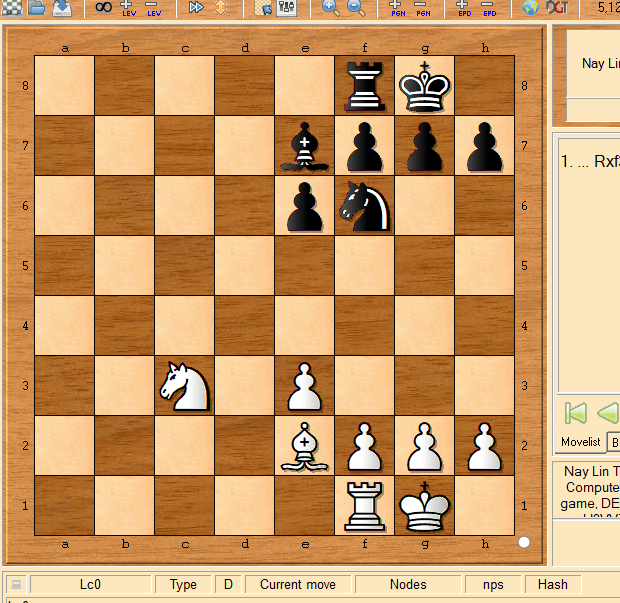Yeah, that's why for ratings to be as accurate as possible people's opponents should be random and you shouldn't play rematches.
A common way for people's peak rating to be higher than their usual rating is playing someone with a rating close to theirs that they happen to match well against (due to style, or the other person is sick, or some other reason).
Then when they play random opponents again, their rating falls back to where it should be.








Well, the people I draw against will get higher, lessening the difference. Both rating changes need to be taken into account. With tens thousands of rated players, and millions of games, things can get complicated!